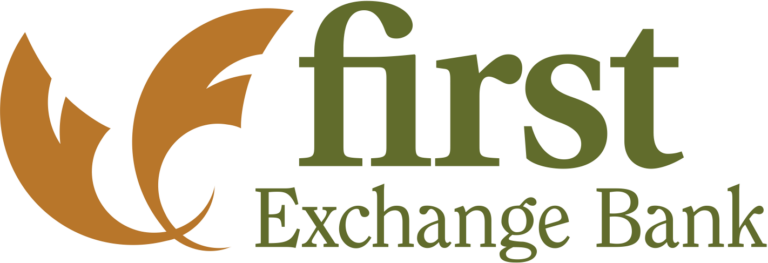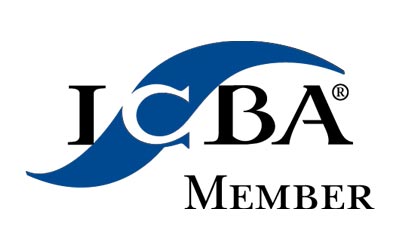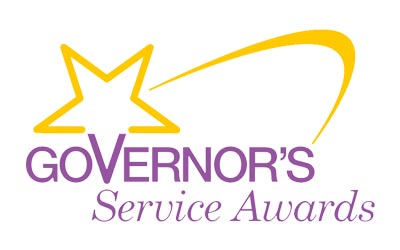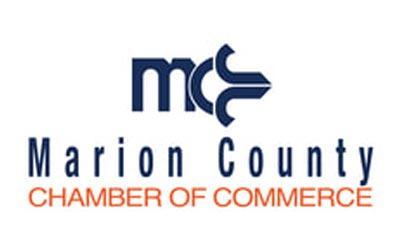Many people end the holiday season with a little more around their waist, and a little less in their wallets and bank accounts. It’s normal to get caught up in wintertime festivities, where you avoid exercise and saving while eating and spending more.
We’re not experts on dieting or physical fitness, but we can help you with your fiscal fitness to recover from holiday spending and pay off holiday debts.
Many individuals already perform an annual review of their finances and budgets. To assist with your financial planning for the upcoming year, we present this guide, designed to help you effectively budget after the holiday season.
Take Stock of Your Situation
The start of the new year is a great time to review past spending and financial habits and set a budget for the future. Even if you don’t perform a financial checkup and draft a new budget every year, this is still a good time to take a look at your holiday spending and see how well you did. Some of our customers save up for the holidays with our Christmas Club Account, but even if you set money aside ahead of time it’s easy for people to spend more than they expected.
Take a close look at your bank statements, credit card statements, and receipts to see where you stand financially. You should examine your entire financial situation, including any outstanding loans. Calculate the amount of money you spent on holiday gifts and festivities last year to form a basis for what you may need to spend this year.
Draft a Budget
Take a close look at your spending over the past few months, before and during the holidays, and see how it compares to your income, so you can figure out whether you’re living within your means. This should include whatever debt payments you have, such as a mortgage or credit card.
You could break your budget down into different categories. Many financial advisors recommend using the 50/30/20 plan. This means you spend 50% of your income on meeting your basic needs, 20% for savings, and 30% for nonessential items.
We can further break it down like this:
- Basic needs: Things you have to spend money on such as your housing costs, grocery bills, transportation, insurance, utilities, and making the minimum payments on loans.
- Savings: Your retirement plans, an emergency fund, saving up for a major purchase (such as a home or vehicle), and paying off debts.
- Nonessential items: Things you want, but may not need. This may include streaming services, food delivery, eating at restaurants, gym memberships, and designer clothes or jewelry.
Set Financial Goals
If you’re already figuring out how to recover from holiday spending, you might as well set a budget plan for the coming year.
There are numerous free budgeting and money management apps that you can use to keep track of your budget and spending targets. Many people prefer using a spreadsheet on their computer or the old-fashioned pen-and-paper method.
However you keep track of your spending and budget levels, you should update and examine your budget at least once a month. This can remind you of your budgeting goals and help you stay on track.
If you don’t have an emergency fund, you should make this a priority. Financial advisors recommend having 3 to 6 months’ worth of living expenses set aside for emergencies.
Focus on Debt
You may need to draft a post-holiday budget, where you cut back on spending and focus on reducing debt—especially if you financed your holiday expenses by putting them on a credit card. Those interest charges can get expensive over time, so the sooner you pay off the balance the better off you’ll be in the long-term.
If you can’t pay off your credit card balance immediately, then pay as much as you can and make sure you pay on time. Late payments result in financial penalties and will increase your interest payments.
One method of paying off credit cards is to avoid using them until you have eliminated your balance. By using cash or a debit card, instead of a credit card, many people find that it conveniently restricts their spending habits and helps them get out of debt faster.
Keep in mind that late payments and carrying excess debt can negatively affect your credit score. This can make it harder for you to obtain loans, and any loans you qualify for could have a higher interest rate than if you would with a better credit score.
You May Need to Consolidate Debts
If you’re paying off multiple debts at the same time, you might be able to consolidate these debts with a personal loan. If you’re a homeowner, you might obtain a home equity line of credit (HELOC) and borrow against your home’s equity. If your home has increased in value since you purchased it, you might consider refinancing your mortgage and using the proceeds to pay off your higher-interest loans.
Check Your Credit Score
It’s worth checking your credit score at least once a year and you can get free credit reports every year from the nation’s three credit reporting bureaus: Equifax, Experian, and Trans Union. You can get a report from all three at once from AnnualCreditReport.com.
Not only will your credit reports give you an idea of where you stand financially, they’re also useful for checking that your reports don’t contain any mistakes and to watch for signs of fraud or identity theft. If someone opened a bank account or credit card in your name, it should be listed on these reports.
You can address any mistakes or fraud by contacting the bureau that lists the information in their report.
A good credit score makes it easier for you to apply for loans and impact the amount of interest you would have to pay. Many employers also check the credit score of job applicants, so your credit can also affect your ability to get a job.
You can improve your credit by paying all your bills on time and reducing how much debt you have. If you’re at or near the available credit on your credit cards, it can significantly lower your credit score.
Part of your financial recovery plan after the holidays should include improving your credit score.
Automate Your Savings
One way to get on a solid financial footing and remain there is to set up automatic withdrawals. Many people find that automating their savings makes it easy for them to save because they’re less likely to spend this money and they won’t have to remind themselves to save.
If you have a 401(k) plan with your employer, try to contribute as much as possible—especially if your employer matches your contributions.
For example, if your employer matches your retirement contributions of up to 4% of your salary, you should contribute at least that much to take full advantage of this benefit.
If you’re saving up for a major purchase, for next year’s holidays, or building an emergency fund you could have a percentage or a fixed amount of every paycheck transferred into a savings account that’s designated for this purpose.
Many of our customers save up all year for the holidays by opening a Christmas Club Account with us. You can start saving with just a $10 deposit and receive fixed, competitive interest payments throughout the year. Your account will mature in time for next year’s holidays, with the funds automatically transferred to your bank account.
Challenge Yourself to Avoid Spending
Another way to financially recover after the holidays is to challenge yourself to avoid any unnecessary spending. You might do this for a month, two months, or until you get your holiday bills paid off and one or more debts eliminated.
See how much you can save every week by eliminating certain perks:
- Cook food at home and bring a lunch to work, instead of restaurants, take-out, and food delivery.
- Brew your own coffee at home and bring a thermos full to work.
- Eliminate one or more streaming services that you don’t really use. If you’re waiting for the new episodes of a favorite series, you could cut that subscription until new episodes drop.
- Avoid impulse buys in anything you don’t really need at the moment.
Look for Ways to Boost Your Income and Reduce Spending
There are additional ways you could reduce your expenses and boost your income. Even if it’s just a temporary boost, if it helps you reduce your debt it’ll still help you out in the long term.
- Declutter: Look around your home and see if there’s anything you have that you don’t use, no longer need, and are in good enough condition to sell.
- Get a side gig: A part-time job, babysitting, dog walking, ride-sharing, etc. could help you pay off any holiday debts and improve your financial situation. Doing yard work or clearing snow could also boost your income.
- Negotiate: Call your cable company, Internet provider, cell phone company, etc. to see if they’re willing to reduce your bill. You might take a look at what their competitors are offering and see if switching providers would reduce your costs.
At First Exchange, We’re Here to Help
If you have any questions about these new year budgeting tips, would like to learn more about our personal banking services, or apply for a loan, please give us a call or stop by one of our convenient locations in White Hall, Fairmont, Mannington, Fairview, Hundred, or Morgantown, WV. You can also check out our blog for all kinds of financial advice.









